From Passion to Professionalism: “Women for Bees” Empowers Cooperative Growth
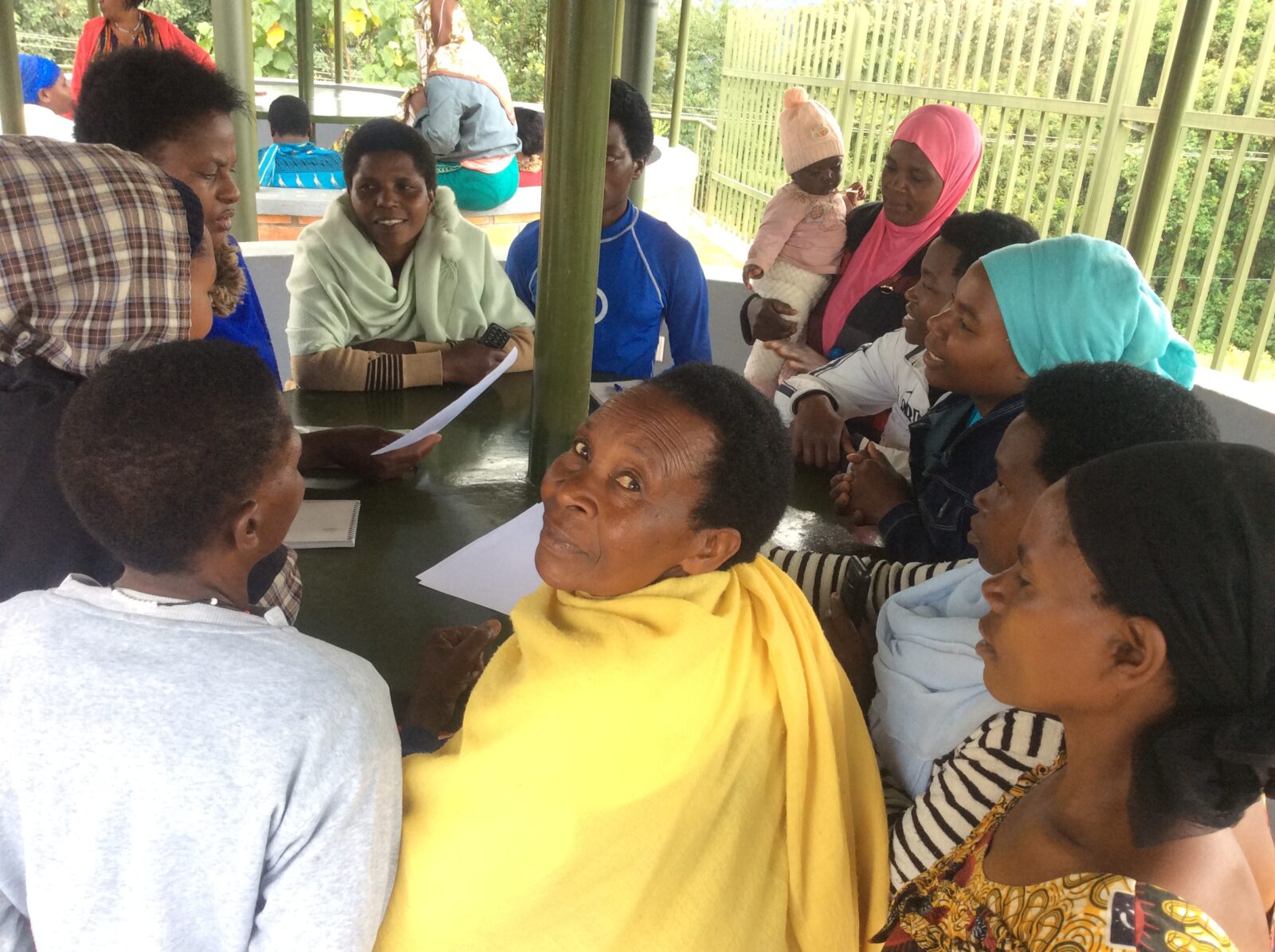
In the heart of Rwanda’s lush Gishwati-Mukura Biosphere Reserve, something powerful is happening. Women who once saw beekeeping as just a way to earn a small income are now stepping into leadership roles, ready to take their cooperatives to the next level.
Thanks to the Women for Bees program—an initiative by UNESCO and Guerlain—women from three local cooperatives recently took part in a hands-on training focused on how to manage and lead their cooperatives more effectively. For many of them, this was the first time they had ever been taught about governance, cooperative law, or how to take an active role in group decision-making.
Twambazimana Consolée, an expert in cooperative governance who led the training, said she was impressed by the women’s drive.
“They’ve been doing the work, but often without knowing the structure or rules that would help them grow,” she said. “Now, they understand what it means to be a member of a cooperative, what rights they have, and the responsibilities they share. That kind of knowledge is transformative.”
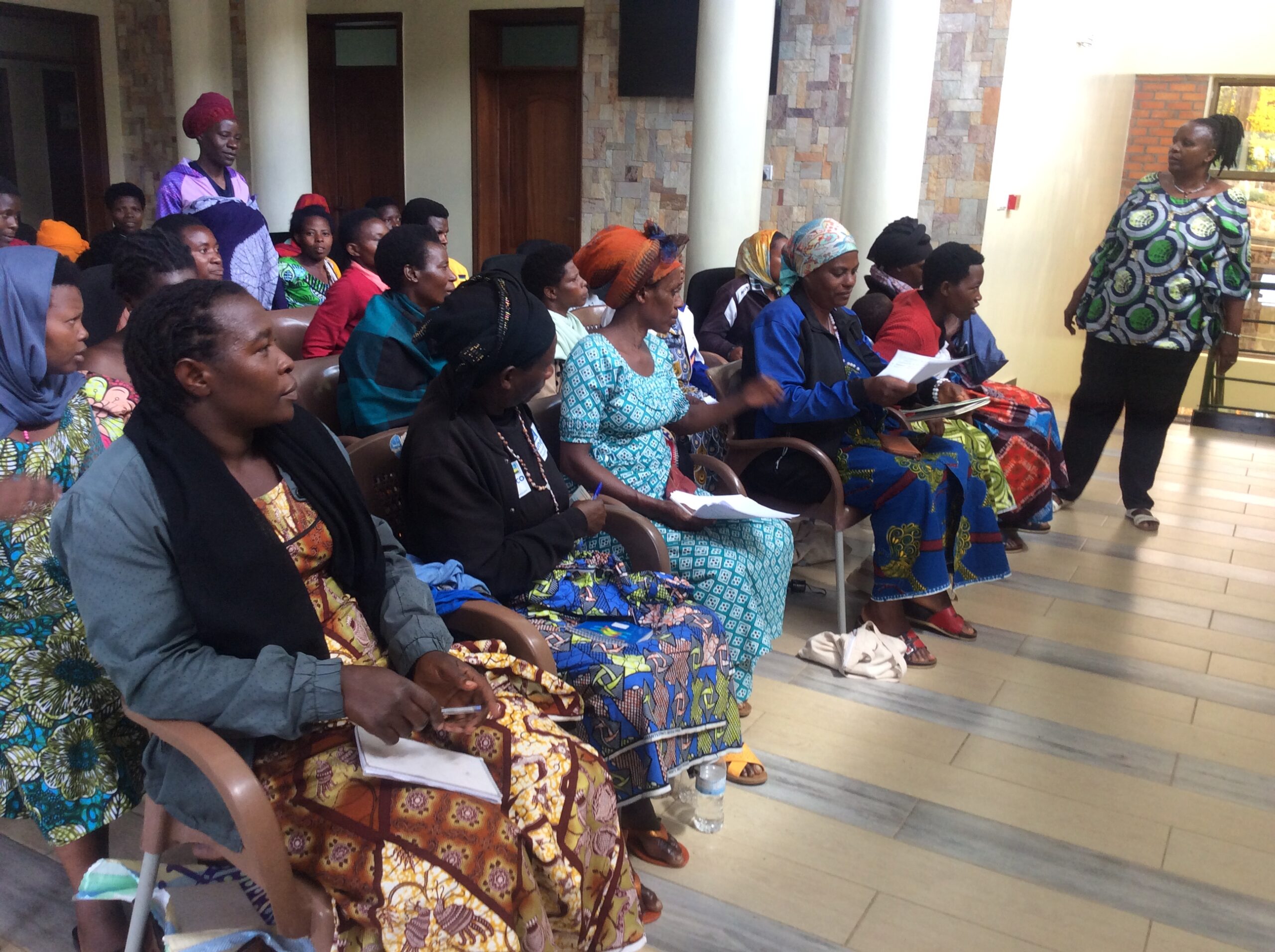
The training didn’t just cover technical information. It was also about building confidence. Through discussions and group activities, the women explored how to communicate better, resolve conflicts, and make sure every member feels involved and valued.
For Nyambuka Virginie from the COAPIRU cooperative, the experience was eye-opening.
“We used to think that certain things were only for leaders to handle,” she said. “Now we understand that we all have a part to play. If something isn’t working, we can speak up.”
Others shared similar reflections.
“I didn’t know there was a difference between the board and the executive committee,” said Beatrice Uwamahoro of COVED cooperative. “Now I see how everything fits together. Even loan committees—how they’re formed, who’s responsible—it all makes sense now. We thank the trainers. They’ve changed how we see things.”
Anitha Nyirabyimana, from CODACE cooperative, added that the training challenged long-held beliefs about women’s roles.
“There were things we used to dismiss as not for us,” she said. “But now, after this and the training we had in Kirehe, we understand that we can and should be part of all of it. If someone used to criticize us before, I hope they come back and see how far we’ve come.”
Dominique Mvunabandi, Director of Sciences, Technology & Innovations Unit at Rwanda National Commission for UNESCO (CNRU; reminded participants that the real change comes from action, not just knowledge.
“Put what you’ve learned into practice,” he told them. “Do it for yourselves first. When others see your commitment, they’ll want to support you too.”
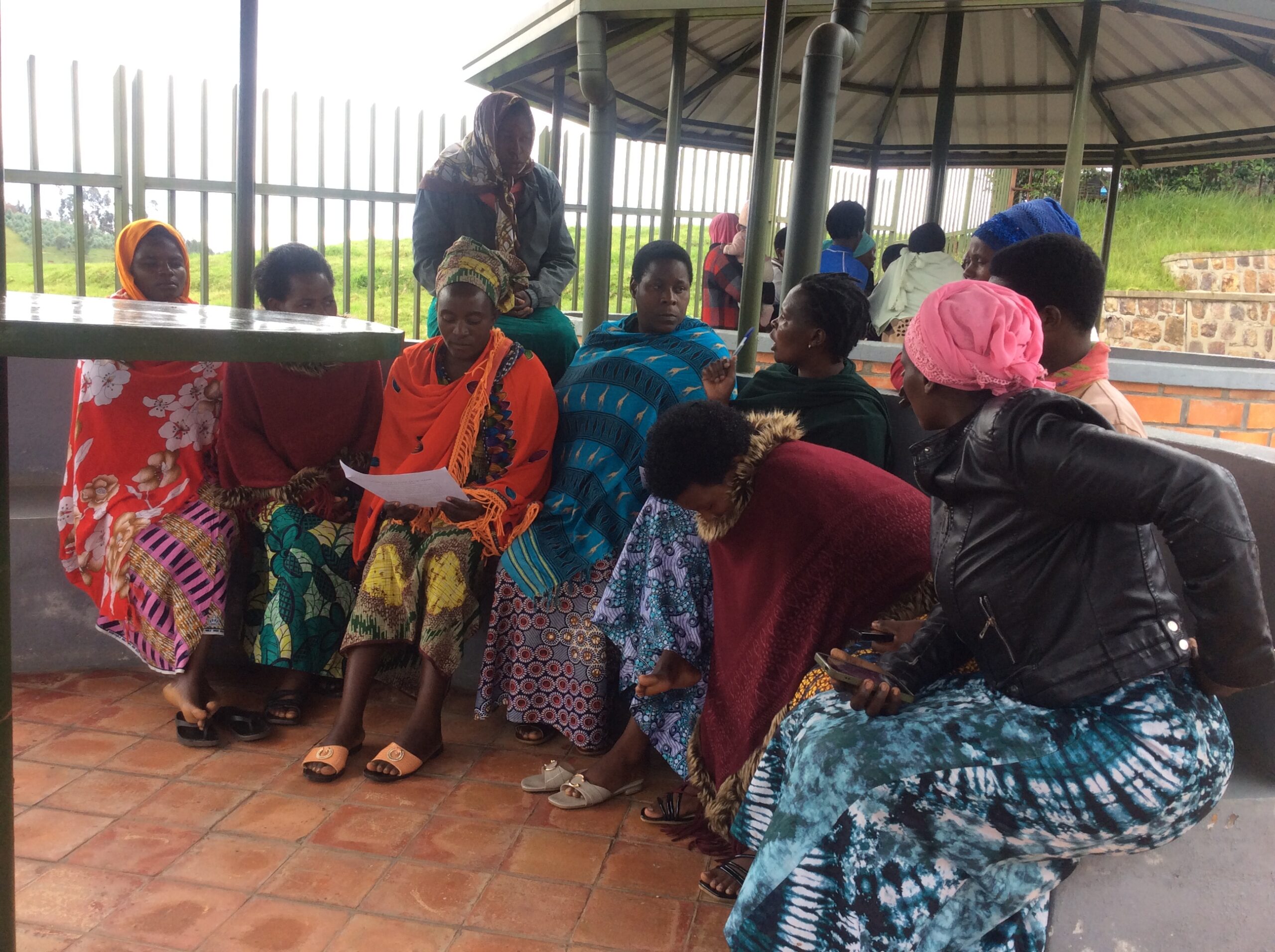
The training also helped cooperatives identify and address issues holding them back. Some members, for example, hadn’t formally registered with their cooperatives. Others kept private hives outside the group, creating conflicts of interest. Moving forward, the women agreed to sort these issues out by June and ensure every member plays by the same rules.
Each cooperative also came up with a clear plan. From increasing the number of beehives to planting more flowers that attract bees, they’re taking tangible steps to improve both their productivity and their teamwork. Weekly check-ins and shared cleaning responsibilities are now part of their routine.
Nyirakamineza Marie Chantal, The President of the Union des Cooperatives Apicole de Gishwati (UNICOAPIGI) and Director of RutsiroHoney Limited; summed up the mood best:
“Let’s not just talk. Let’s do. Let’s take everything we’ve learned and use it to grow—not just ourselves, but our cooperatives and our country. We can rise, and we can rise together.”
As the Women for Bees program continues to grow in Rwanda, so too does the confidence, leadership, and solidarity of the women it supports. For these beekeepers, the journey from passion to professionalism is just beginning—but the buzz of change is already in the air.
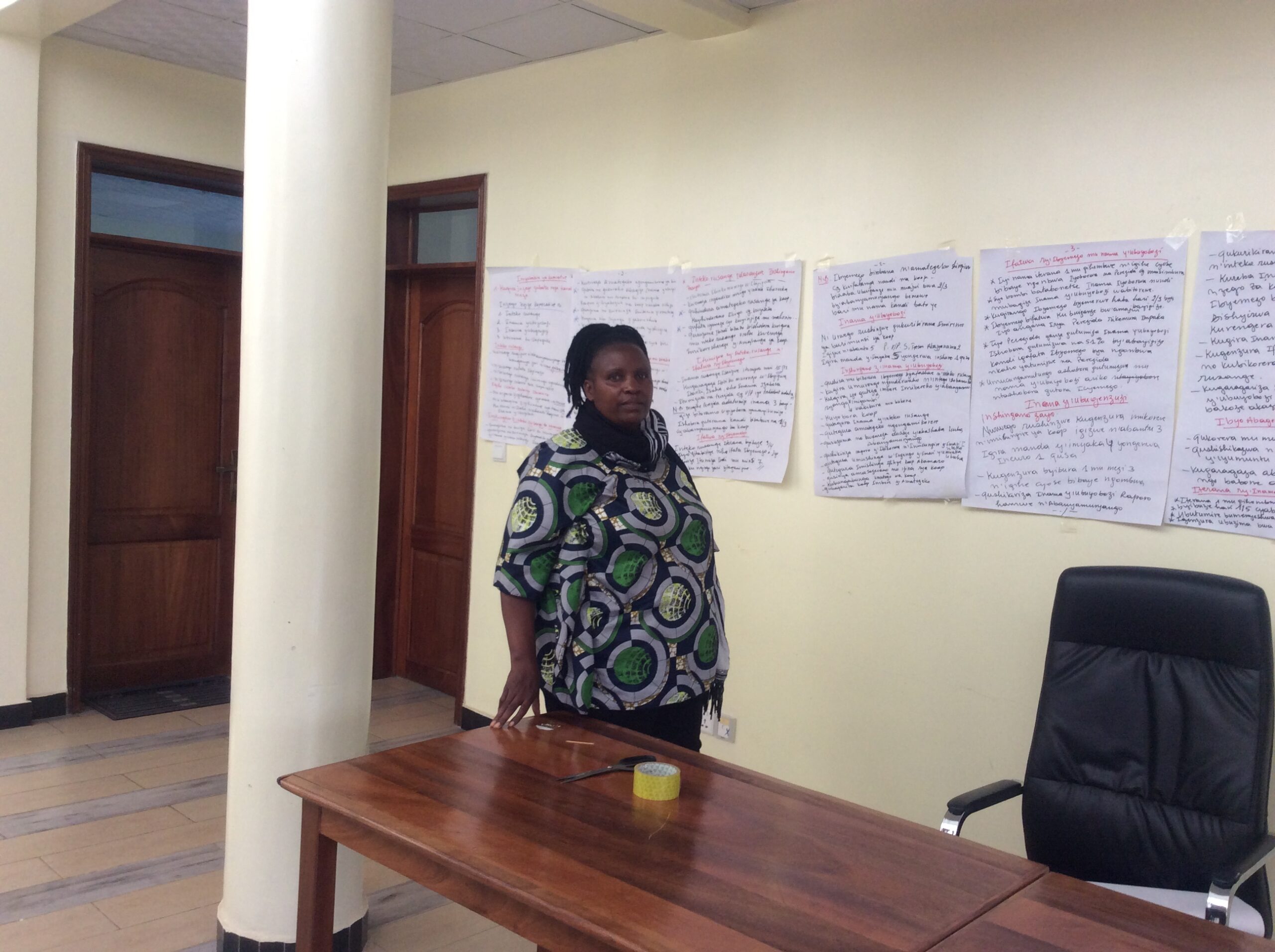
Related Articles
Strengthening Rwanda’s SMEs for Circular Food Systems: Embedding Circularity Beyond Project Implementation for Long-Term Transformation
As Rwanda advances its circular economy ambitions, small and medium-sized enterprises (SMEs)...
Powering Food, Restoring Land: How Renewable Energy and Regenerative Agriculture Are Transforming Rwanda’s Farms
Across Rwanda’s rolling hills, a quiet revolution is underway. It begins in...
Late February Weather Alert: Heavy and Above-Average Rainfall Forecast Across Rwanda
The Ministry in charge of Disaster Management (MINEMA) has issued a weather...
GBOX Launches AI Literacy Initiative to Support Rwanda’s Digital and Sustainable Development
A new Artificial Intelligence (AI) literacy program has been introduced last week...









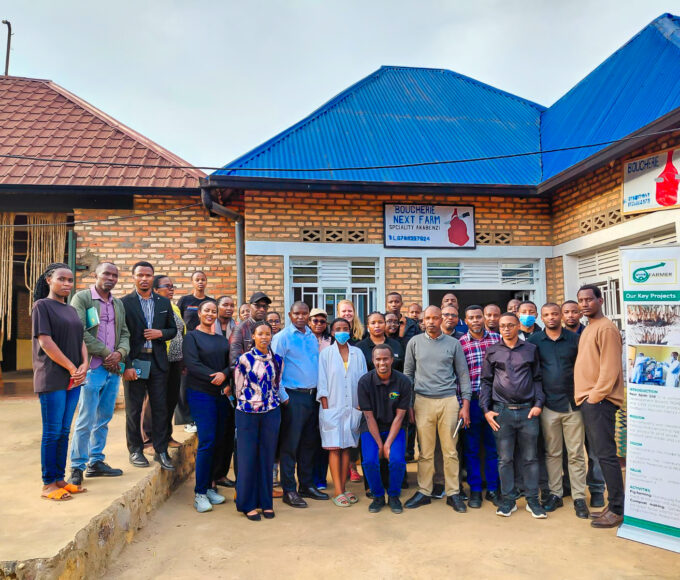


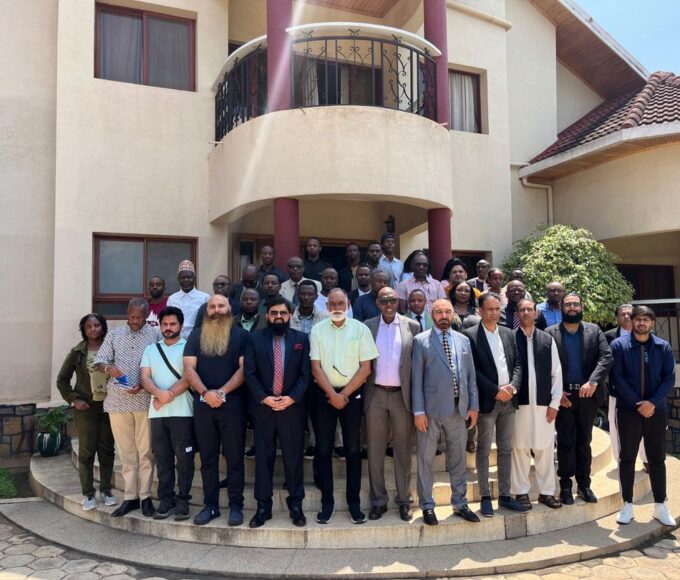
Leave a comment